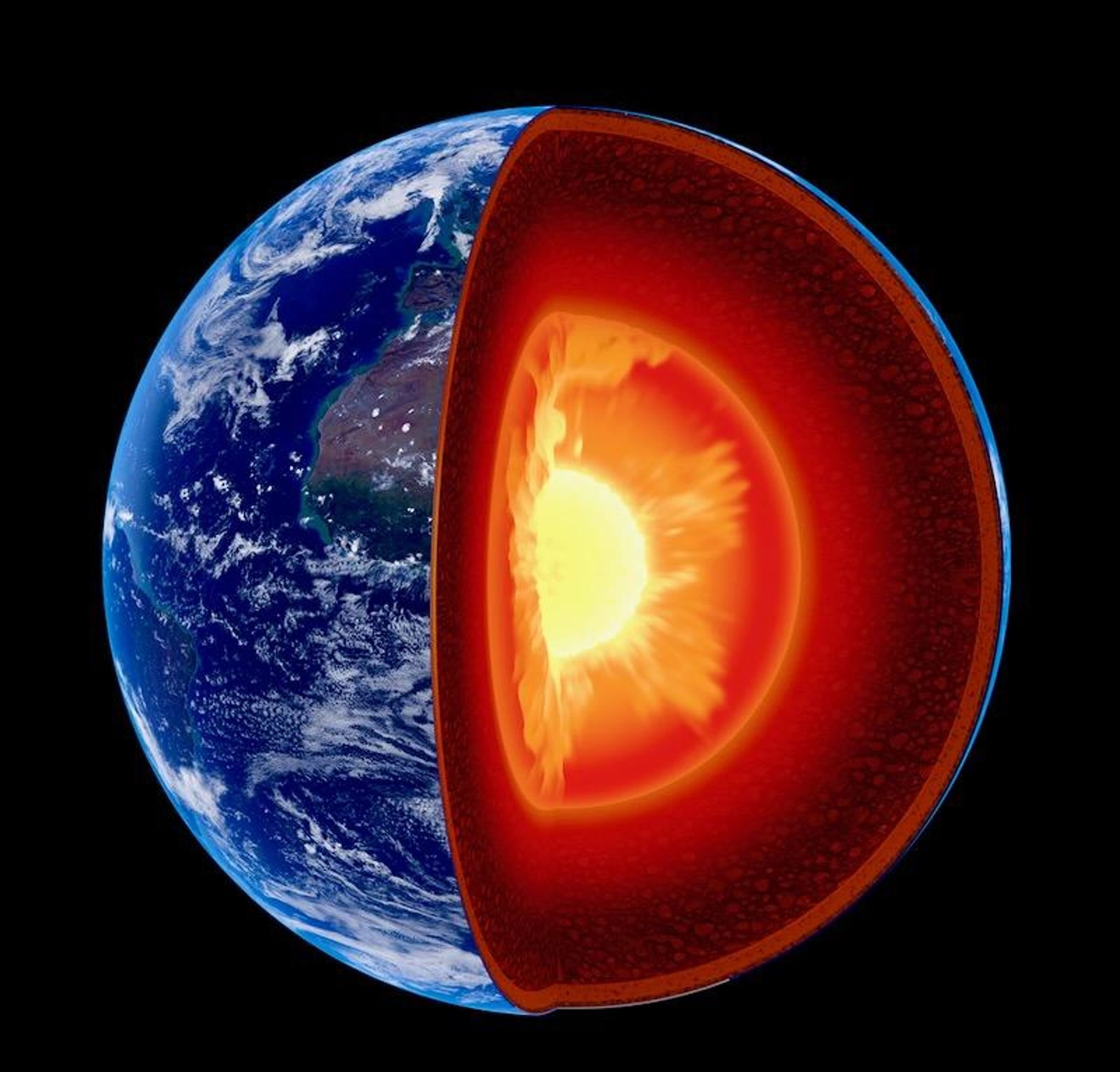Earth's Core Slowing Down, Lengthening Days
Hyphen Web Desk

The Earth's core, primarily composed of iron and nickel, is encased within the molten outer core. Seismologists study the core's behavior through seismograms, which are recordings of seismic waves generated by earthquakes. Vidale's team observed patterns indicating the core's slowing, marking a departure from its rotational behavior over the past several decades.
This deceleration could alter the length of a day on Earth by mere fractions of a second, though the precise implications are still under investigation. The rotation of the inner core is influenced by the magnetic field generated in the outer core and gravitational interactions within the mantle. The current slowdown marks a reversal in the core's movement relative to the Earth's surface, which has been debated among scientists for years.
Adding to this complexity, earlier research published in Nature by Duncan Agnew, a geophysicist at the University of California San Diego, linked the slowing of Earth's rotation to the melting of ice in Greenland and Antarctica due to climate change. Agnew's study indicated that while the Earth's liquid core is decelerating, the solid Earth is compensating by rotating slightly faster. This has reduced the need for 'leap seconds' to be added to Coordinated Universal Time (UTC) in recent decades, a practice that adjusts for irregularities in Earth's rotational speed.
The latest study analyzed seismic data from recurring earthquakes between and in the South Sandwich Islands, an area known for its intense seismic activity. Data from Soviet and other international nuclear tests were also considered to understand the core's behavior better.
This ongoing research underscores the dynamic and complex nature of Earth's internal processes and their subtle but impactful effects on our planet's timekeeping and rotational dynamics【7†source】【8†source】.
Labels:
#News
Share:
